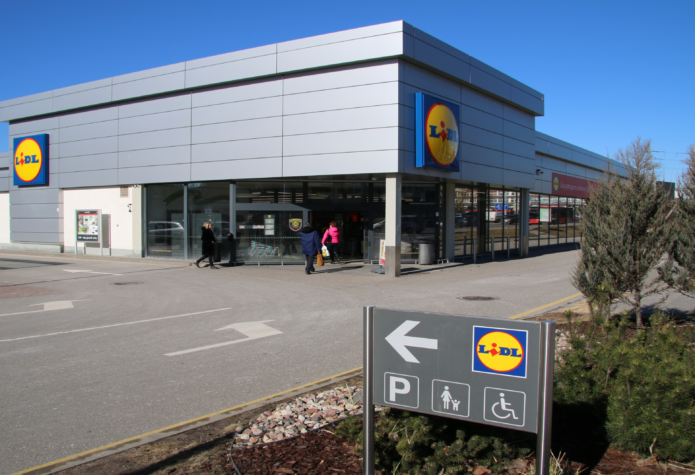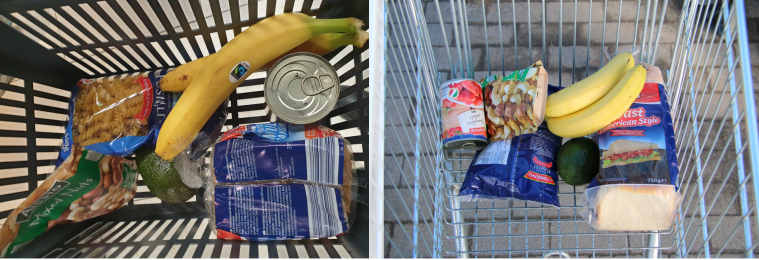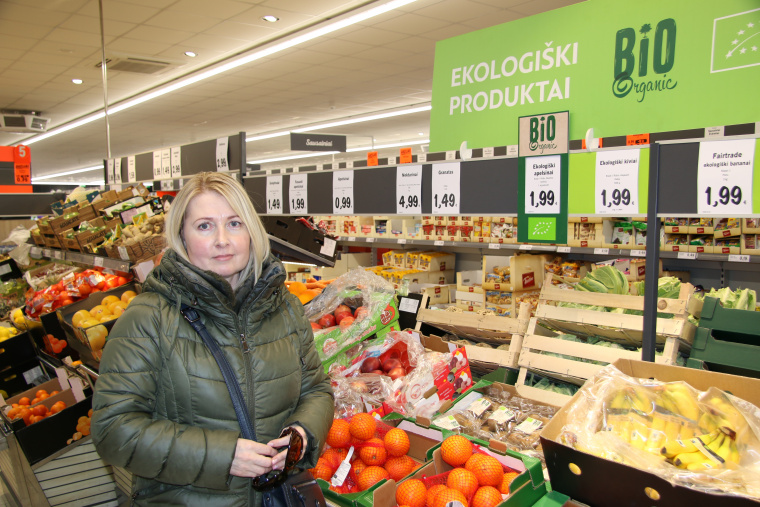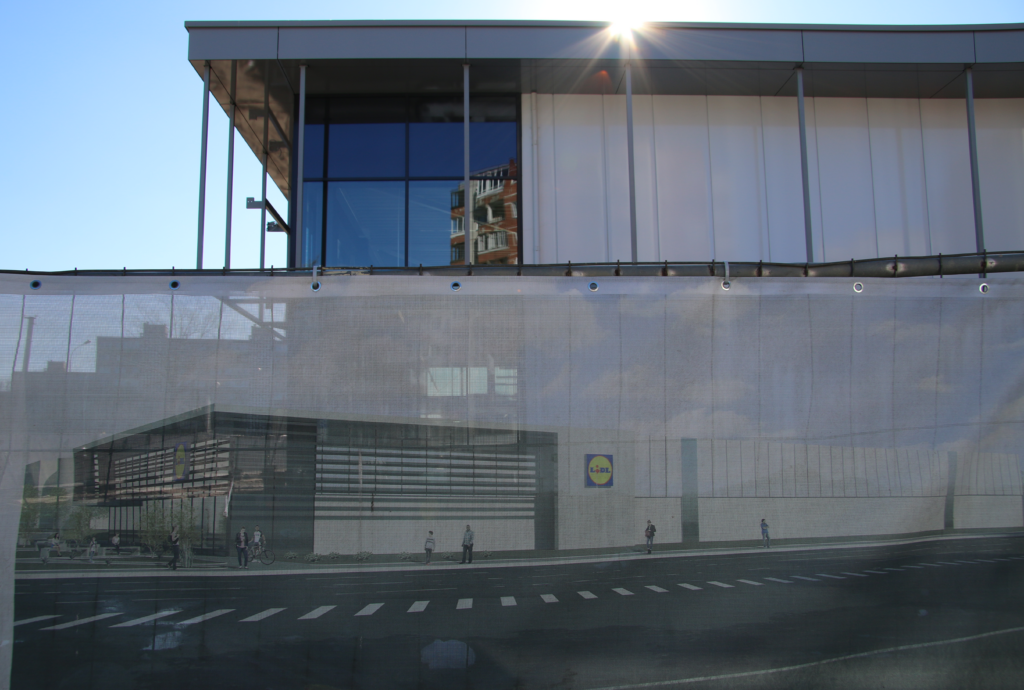Changing the landscape of Lithuanian retail

When price competition intensifies, customers are usually the first to notice its direct effects. In the longer term, increased competitiveness also comes with improvements in market efficiency, bringing further benefits for the whole economy. This is currently happening in Lithuania, where NIB is financing Lidl Lietuva’s expansion.
It is 11 am in one of Vilnius Lidl stores, unexpectedly buzzing with people for a Wednesday morning. My grocery basket looks less exciting, as it includes merely enough for a couple of evenings’ cooking. Although it comes to my surprise when I pay almost the same as I had in Helsinki just days ago, the real déjà vu hits me when I start packing the exact same groceries. Heck, I am not just talking the brands of the products – even the fruit seem to be coming from the same suppliers to Lidls in both the Lithuanian and Finnish capitals.
The universality of its assortment is just a small part Lidl’s retail strategy, and it can differ from country to country. In Lithuania, however, it seems to have found its customers.
One of them, Sonata, tells me that she got used to shopping in Lidl when she was abroad. “Now I come here for convenience, since I know the kinds of groceries I need and I do not want any distractions.” Another shopper, Vytenis, agrees: “Many choose it for good value-for-money products. If I need something specific, for instance Indian or Chinese, I often go to other stores, but here I can find a general selection at suitable prices”.

Closer to the people
For customers like Sonata and Vytenis, Lidl’s expansion in Lithuania not only increases the supply of familiar products, but also brings it closer to their homes. “The investments allow us to expand our store network, providing convenient shopping locations in populated areas and being as close to the buyers as possible”, says Marius Kybartas, Head of Central Services at Lidl Lietuva.
This is a logical step according to a study conducted by McKinsey, where they predict that traditional supermarkets will lose market share in favour of discounters, as “consumers today expect to be able to buy almost anything, anywhere, at any time—and at low prices to boot.”

The investments allow us to expand our store network, providing convenient shopping locations in populated areas and being as close to the buyers as possible.
Marius Kybartas
Head of Central Services at Lidl Lietuva
However, the decisive factor for retail customers in Lithuania is still the cost of the products. “The level of sensitivity to prices has even expanded the national retail market across the country’s borders, as weekend shopping trips for cheaper groceries in Poland are still popular amongst the Lithuanian public”, says Gintarė Deržanauskienė, analyst at the Lithuanian Free Market Institute.

Disturbing the market
This habit of grocery shopping abroad might have emerged from a context where Lithuania’s retail market was far from reaching saturation. In fact, there were no discounter networks operating in the country during Lidl’s entry in 2016.
While there is still space for the market to grow, experts suggest that the evolution of new competitors contributes to an improved environment for grocery shoppers.
“Competition forces existing players to find new ways of accommodating customers’ needs. Increased competitiveness not only results in lower prices, but also improves the service and broadens the range of goods to choose from”, says Ms Deržanauskienė.
In a country where an average household spends over a fifth of its disposable income on food (22 percent to be exact—close to double the average for households in the EU and in the Nordics), any reduction in prices directly passes on the savings, and can boost the productivity of the whole economy in return.

Competition forces existing players to find new ways of accommodating customers’ needs. Increased competitiveness not only results in lower prices, but also improves the service and broadens the range of goods to choose from.
Gintarė Deržanauskienė
Analyst at the Lithuanian Free Market Institute
The customers are not the only beneficiaries, though, as competitive pressures are not limited to one sector and can affect the entire supply chain. “The level of competitiveness among players in the retail sector is linked to their negotiating powers; therefore, it allows local producers and suppliers to take a better position in price negotiations”, Ms Deržanauskienė adds.
Similar outcomes have been seen in Finland and Sweden, where NIB has also financed Lidl’s expansion projects.
Investing in sustainability
Also similarly to the previous projects, the investments in Lidl’s expansion in Lithuania cover energy-saving solutions in the construction of new stores.
“Lidl is constantly seeking to improve the environmental performance of its operations. Therefore, all of our new stores in the country, as well as the already existing infrastructure, will be certified under the EDGE system for green buildings”, says Mr Kybartas.

Furthermore, the chain’s stores in Vilnius, Kaunas and Šiauliai include solar panel installations for sustainable energy production. Such investments in renewable energy are undergoing a positive shift within the Lithuanian retail sector, as other retailers have also started to implement similar measures in their operations recently.
Currently, Lidl Lietuva operates a network of 43 stores in 20 different cities across the country. Last year, the company was the 12th highest taxpayer in Lithuania, contributing over EUR 61 million in taxes to the country’s economy.


